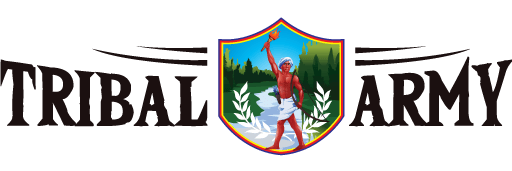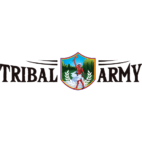For millennia, tribal and indigenous societies have demonstrated exceptional resilience, weathering the tumults of history and surviving in some of the harshest environments. Their rich cultures, intricate knowledge systems, and unwavering spirit continue to shape the course of humanity, reminding us of the incredible strength of diversity and unity.
Defining Tribal and Indigenous Communities
Tribal communities represent a broad spectrum of societies, typically bound together by shared cultural attributes such as language, customs, and traditions. Often geographically isolated, these communities maintain autonomy and a distinctive identity passed down through generations. Indigenous communities, meanwhile, are recognized as the original inhabitants of a region, with deep-rooted connections to their lands and the natural resources therein. Their survival and identity are interwoven with their environment, creating a bond that is as ancient as it is profound.
Across the globe, over 476 million people identify as indigenous, hailing from over 90 countries. These diverse communities continue to practice their unique cultures, each steeped in its distinctive language, traditions, beliefs, and knowledge systems. This staggering diversity adds richness and depth to our collective human experience.
The Remarkable Diversity of Indigenous and Tribal Cultures
Just as ecosystems flourish with biodiversity, human societies thrive amidst cultural diversity. Indigenous and tribal societies encapsulate this diversity, offering a staggering array of cultures, each distinct yet interconnected. The languages are spoken, the stories passed down, and the ceremonies conducted all offer a kaleidoscopic view of the human experience. The diversity is so vast that no single narrative can encapsulate the totality of indigenous and tribal cultures.
Notwithstanding their diversity, tribal communities share a common thread — preserving their distinctive cultural identities, even while coexisting within or alongside mainstream societies. Their commitment to preserving their cultural heritage in the face of rapid globalization is a testament to their resilience and adaptability.
Indigenous and Tribal Knowledge Systems: The Treasures of Sustainability
Indigenous and tribal societies have long held the keys to sustainability. Over centuries, they have developed comprehensive knowledge systems demonstrating a deep understanding and respect for their environments. This traditional wisdom is passed down through generations, spanning a range of fields from medicine and agriculture to forestry and meteorology, offering sustainable alternatives to modern practices that often disregard environmental impact.
Their approach to the environment is not that of conquerors but of custodians. They view themselves as part of the ecosystem, respecting the interconnectedness of all life forms. This holistic approach to the environment offers valuable lessons for a world grappling with the consequences of rampant consumerism and environmental disregard.
Indigenous and Tribal Rights: A Global Perspective
Despite their invaluable contributions, indigenous and tribal communities grapple with numerous challenges. Land rights, cultural preservation, and political representation, among others, are significant issues that need urgent global attention. In many parts of the world, these communities are marginalized, their rights infringed, and their voices stifled.
It is critical that we acknowledge their struggles and stand in solidarity with them. As global citizens, we must advocate for their rights, recognize their sovereignty, and respect their cultures. Only then can we hope to protect these living reservoirs of cultural diversity and the ancient wisdom they hold?
Ultimately, the resilience and richness of tribal and indigenous societies are not just about preserving the past but also about shaping a future that honors diversity, encourages sustainability, and promotes global unity.
FAQs
- What defines tribal and indigenous communities?
- How diverse are indigenous and tribal cultures?
- What are some examples of indigenous and tribal knowledge systems?
- What challenges do indigenous and tribal communities face?
- How can we support the rights of indigenous and tribal communities?




















